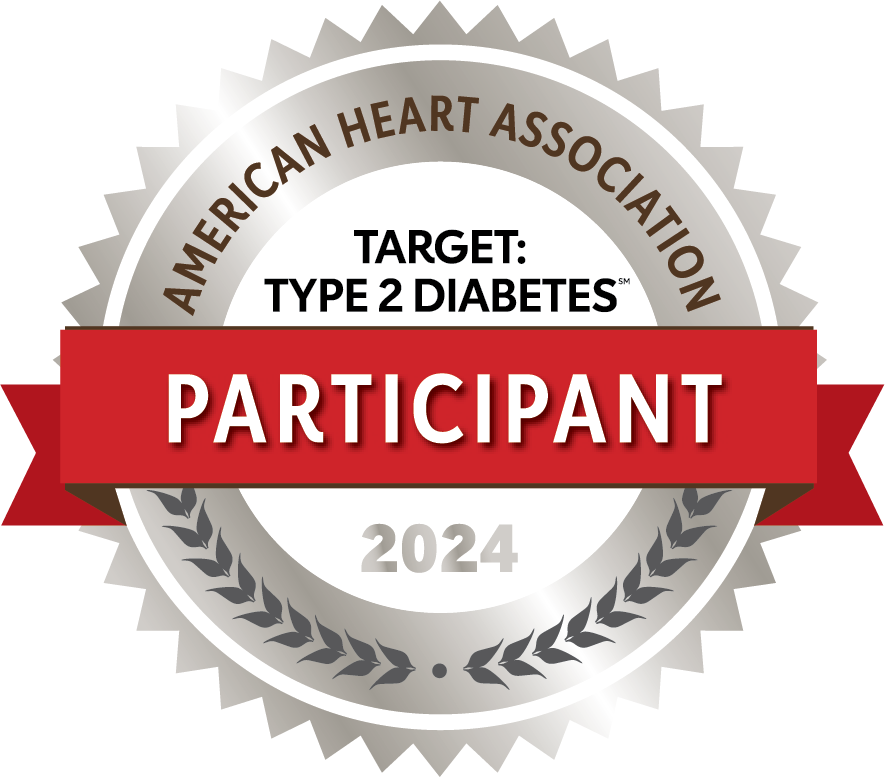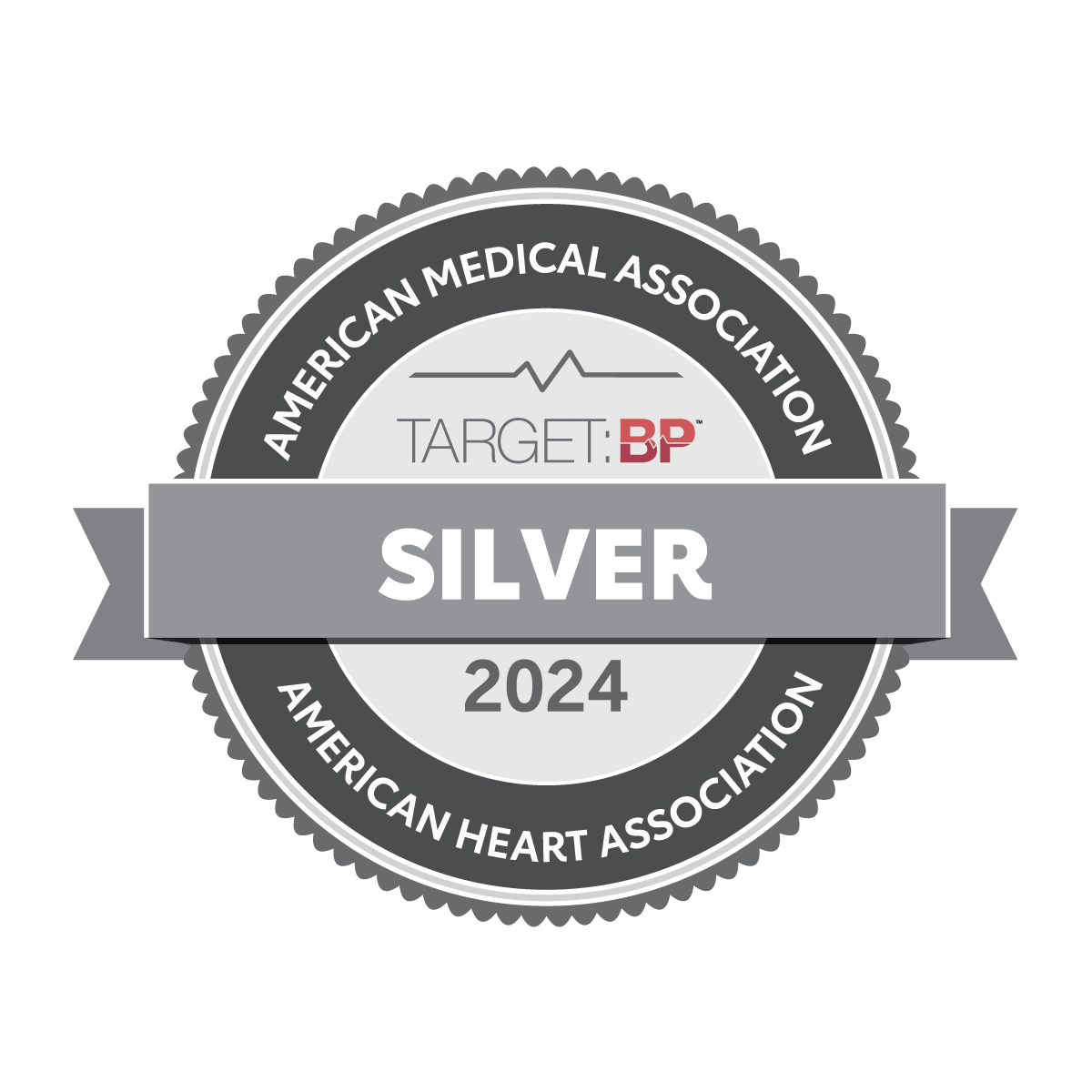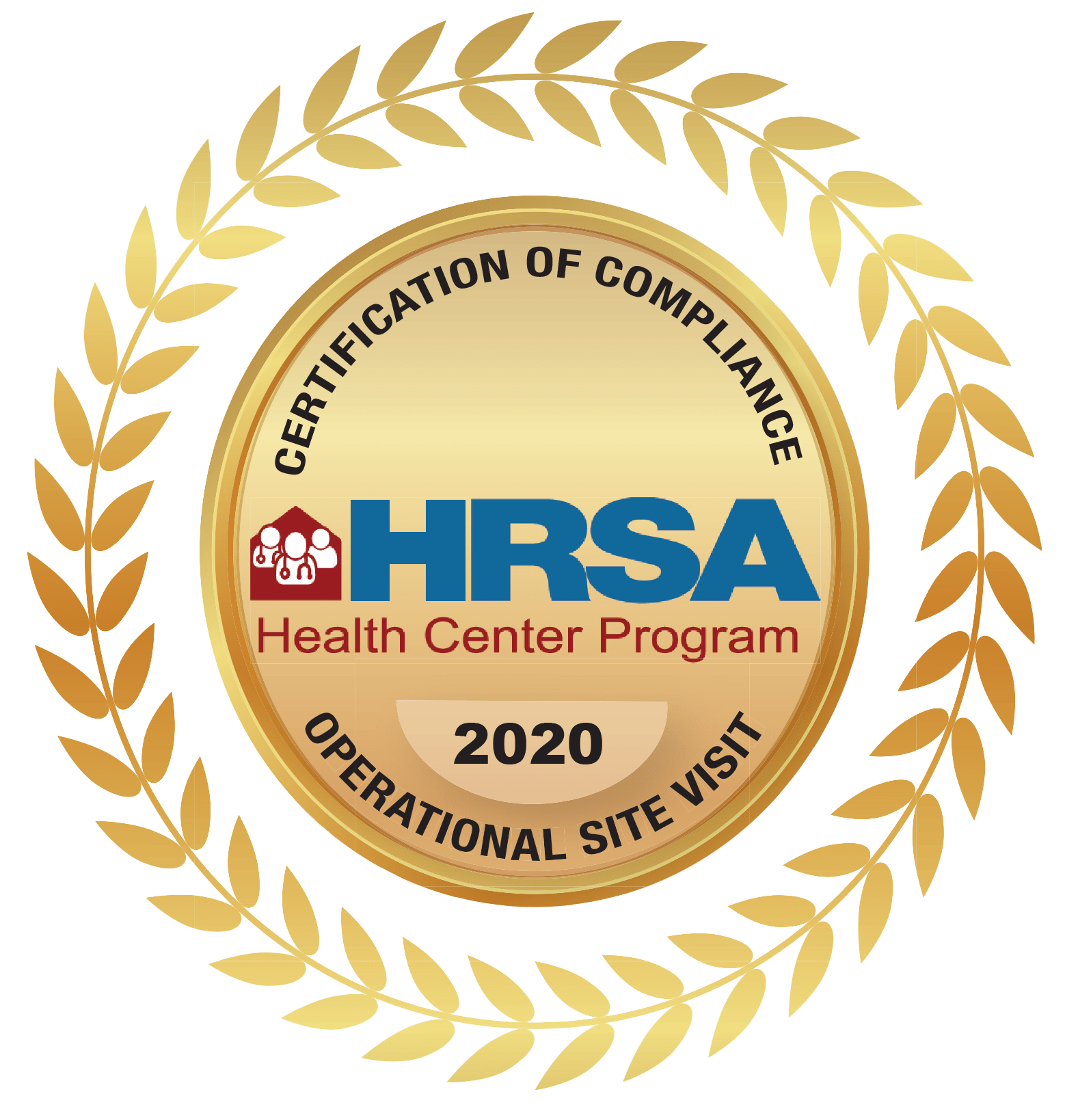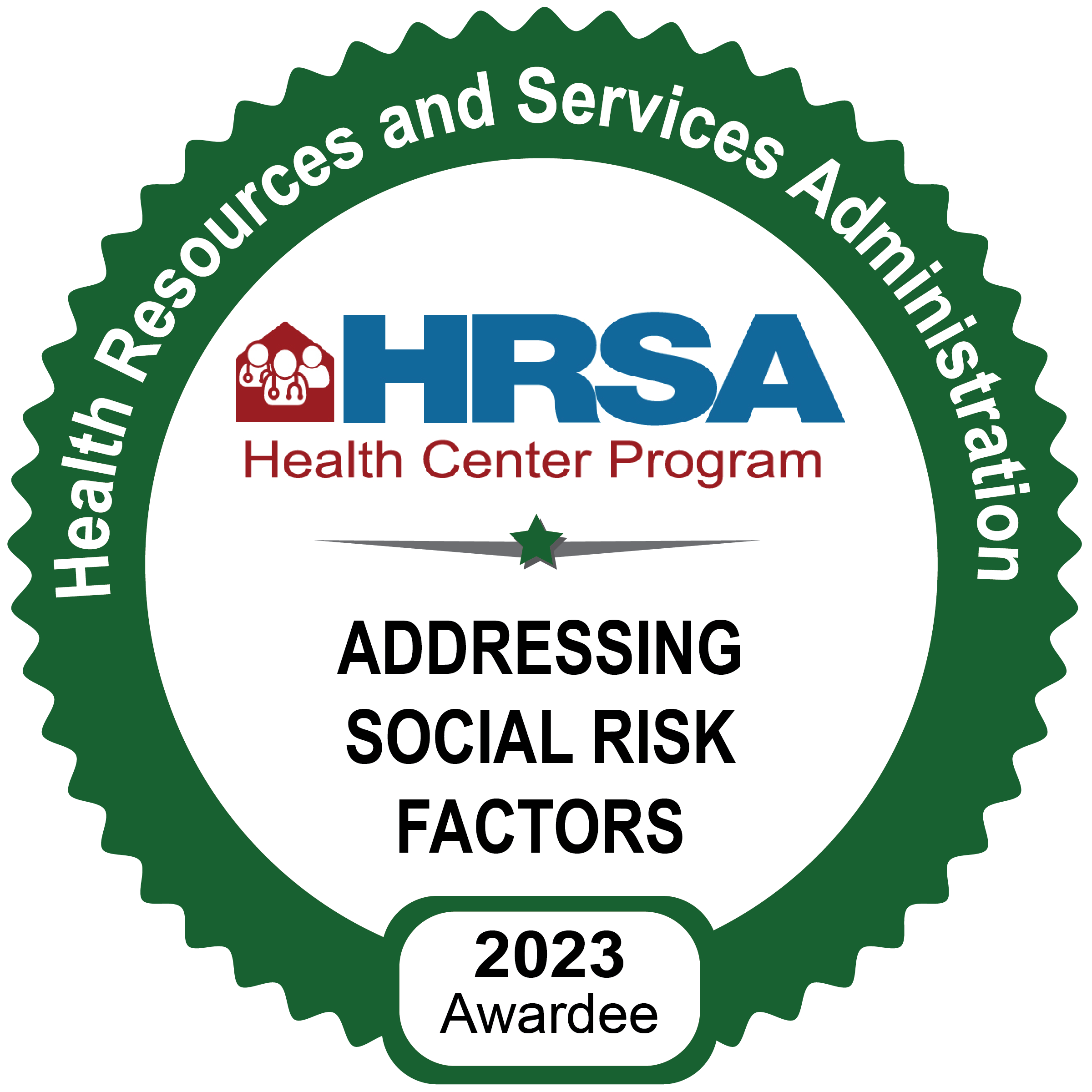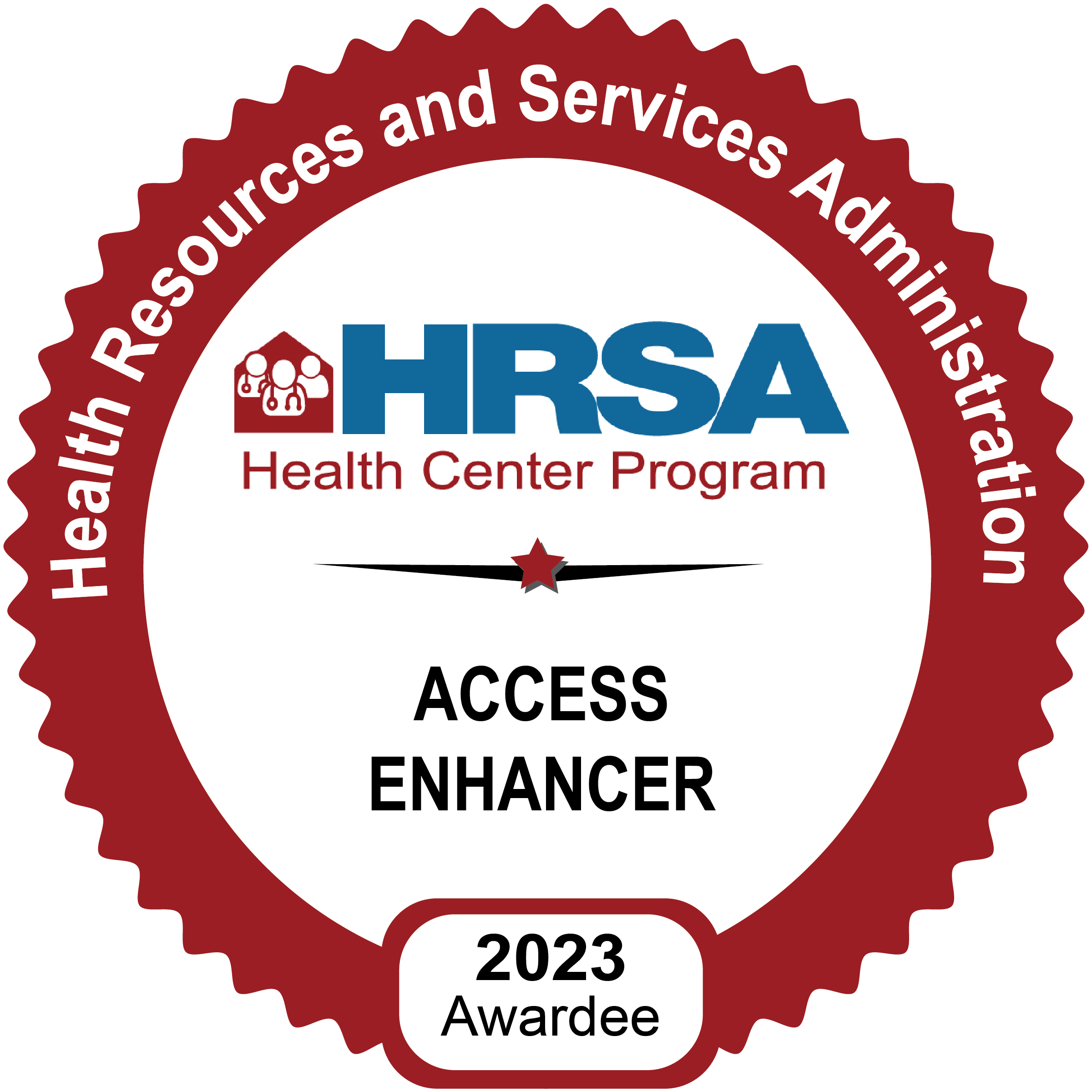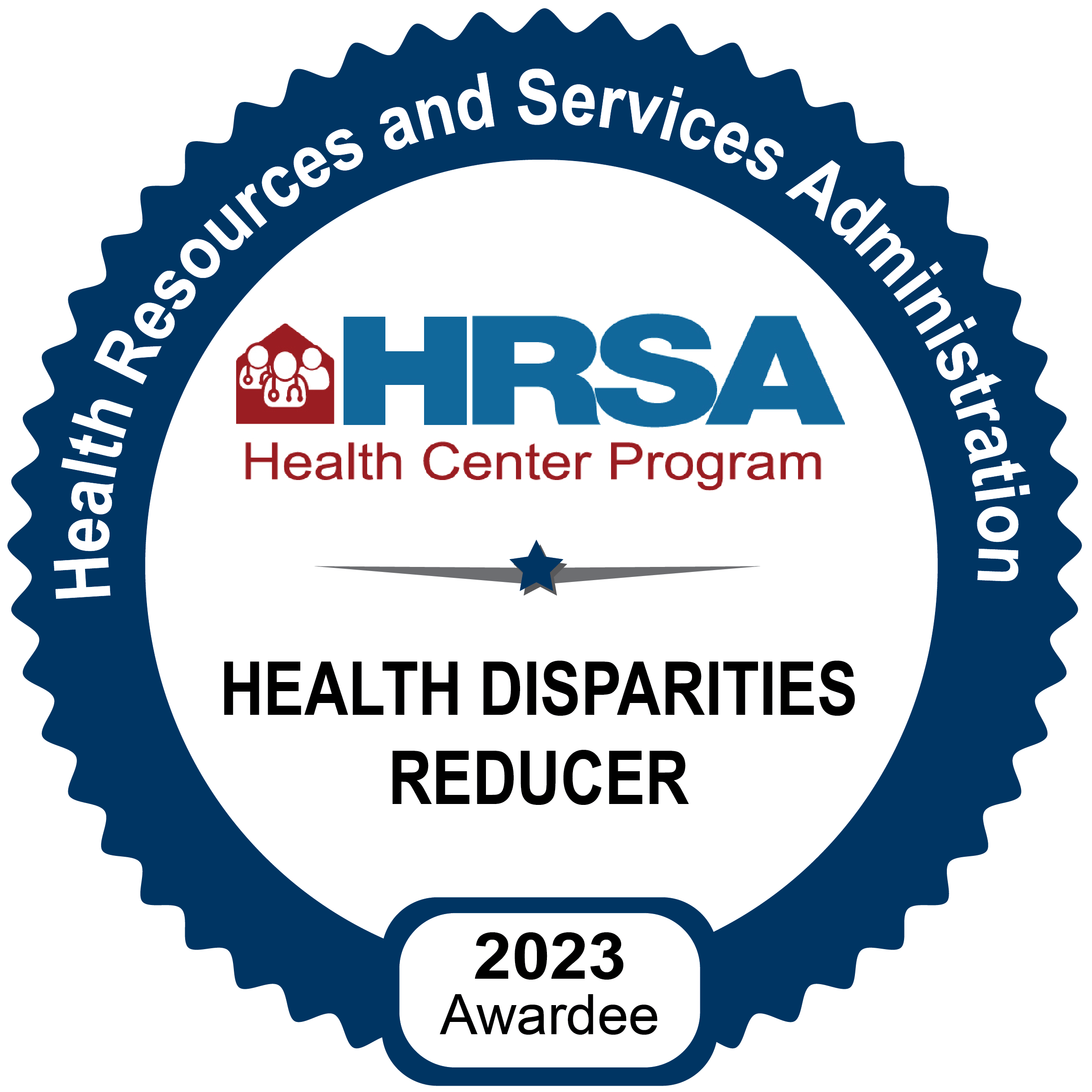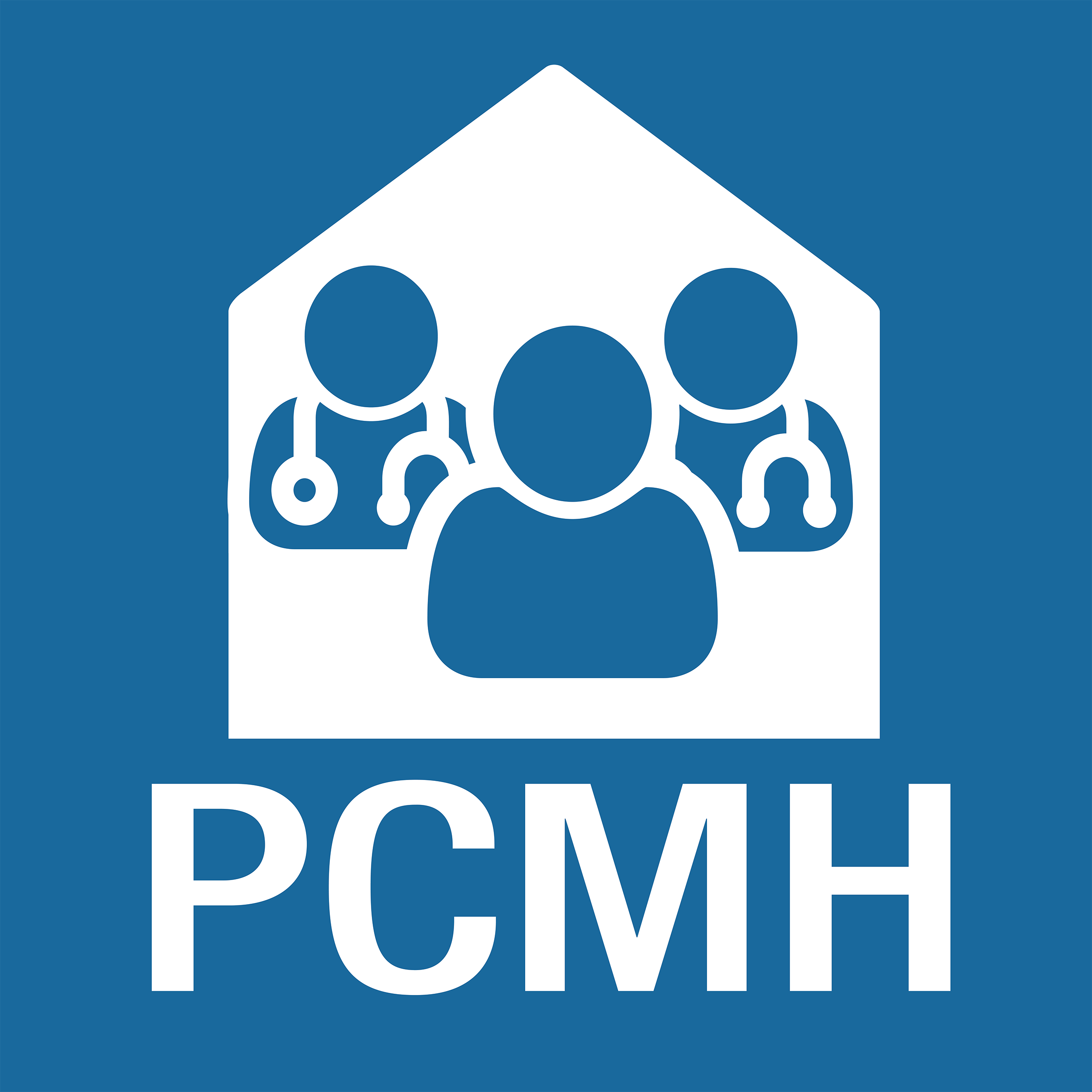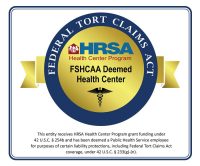Just as it’s important to protect the health of our bodies as we age, it’s also vital to pay the same attention to our mental health. Even without a diagnosed mental illness, managing our stress and emotions is a healthy behavior to learn.
Mental illness is commonly managed with a combination of therapy from a licensed counselor, psychologist, or psychiatrist and medications, if they are needed. Many mental health issues can be managed without medications. However, one of the many reasons many people don’t receive mental health treatment is because of a lack of access to these therapies – mental health therapy can be expensive, and there is a shortage of mental health treatment resources in the US. So what can be done to manage your mental health if resources aren’t easily available?
- Check with your insurance and your employer. Your insurance plan may cover part of your costs for therapy, or you may have a pre-selected number of visits for free before your insurance begins to charge you. Similarly, your employer may provide employees with a few free sessions with a counselor or therapist through an Employee Assistance Program (EAP).
- Ask about cash rates or sliding fee scales. Many times, mental health professionals offer a discounted rate if you pay in cash, or may have a sliding fee scale where your income determines how much you’ll pay.
- Try a Community Health Center. Valley-Wide Health Systems integrates behavioral healthcare with our primary care services. When you come into one of our clinics for a checkup with your provider, let them know that you’d like to speak with one of our behavioral health providers before your appointment is finished. This service is offered by Valley-Wide as a feature of your regular healthcare appointments, and there’s no additional cost for it. If you do continue in treatment after that first consultation, there may be costs associated with that based on your insurance.
- Read self-help books. Self-help books can be an affordable resource for your mental health. There are millions of self-help books out there, but here’s a great list of recommendations from the American Psychological Association: https://www.apa.org/monitor/jan08/recommended
- Find a support group. Support groups are usually free or have a small fee to attend, making them much more affordable than individual therapy. Some support groups are run by mental health professionals and some are run by volunteers who have a passion to serve. Plus, you can meet people who are struggling with similar issues, which can make you feel less alone.
- Check out podcasts. There are some great mental health podcasts out there, and you can listen at any time, even on your daily commute! Some recommendations include: The SelfWork Podcast, The Psych Central Podcast, The Anxiety Guy, and Practice Makes Podcast, but there are many more, so you can find one that works for you.
- Consult your congregation or spiritual leadership. If you belong to a religious congregation, talk with your pastor or priest about your needs. They may be able to help connect you with resources for mental health, or may have support groups available through the congregation.
If you are in crisis, and are considering suicide or are worried you may hurt yourself or someone else, please use one of these resources:
- National Suicide Prevention Lifeline: 1-800-273-8255
- Colorado Crisis Services: Call 1-844-493-8255 or visit https://coloradocrisisservices.org/
- Veterans Crisis Line: 1-800-273-8255, press 1 or https://www.veteranscrisisline.net/
- The Trevor Project: 1-866-488-7386 or https://www.thetrevorproject.org/


